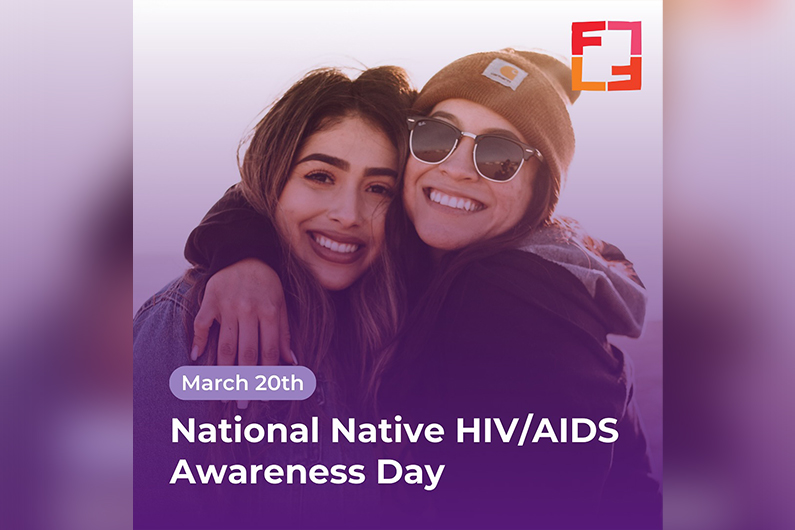Today is National Native HIV/AIDS Awareness Day. At Face to Face, we want to recognize the resilience of Indigenous communities while also acknowledging the injustices—past and present—that contribute to health disparities, including the disproportionate impact of HIV.
In Sonoma County, we live and work on the stolen lands of the Pomo, Miwok, and Wappo peoples and their descendants. Colonization brought devastation to these communities—displacement, cultural erasure, and systemic inequities that continue to persist today. These injustices extend to healthcare access, where Native communities still face disproportionate barriers to care, contributing to higher rates of HIV and other health disparities.
Harm reduction is not just about providing supplies—it’s about meeting people where they are and addressing the structural inequities that make communities more vulnerable. A truly intersectional approach means acknowledging history, listening to Indigenous voices, and ensuring access to culturally competent care.
Resources for Native Communities:
✨ Sonoma County Indian Health Project (SCIHP) offers culturally responsive healthcare, including HIV prevention and support.
✨ Native American Health Center in Oakland that serves California’s Bay Area Native Population and other underserved communities.
✨ Indigenous Peoples Task Force provides HIV education and direct services to Native populations.
✨ Indian Health Service is a federal health program that connects Native populations in the United States to health resources.
✨ National Native HIV Network provides resources and advocacy focused on Native communities.
✨ NNHAAD.org offers more information about HIV awareness and Native populations.
At Face to Face, we’re here to support our community with free HIV testing, prevention tools, and compassionate care. If you need support, we’re here for you. No one has to go it alone.

 Tags:
Tags: